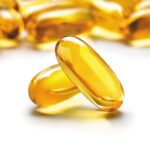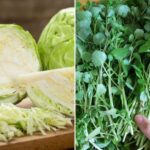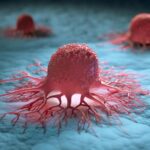The saying, “a healthy mouth equals a healthy body” rings true, especially when it comes to cancer. Research has established a strong link between our dietary habits and the development of cancerous cells. To minimize your risk, it’s essential to adopt a healthy lifestyle and be mindful of the flavors that cancer cells find irresistible.
Cancer cells are drawn to fatty, greasy foods
Deep-fried chicken, barbecue ribs, and French fries might be hard to resist, but these indulgent treats are exactly what cancer cells crave. A study led by Institute Fellow Tong Erwei from Sun Yat-sen University in China, published in the Proceedings of the National Academy of Sciences (PNAS) in May 2024, revealed that a high-fat diet can increase the risk of various cancers, with a particular focus on breast cancer and melanoma.
When the body takes in large amounts of fat, the gut microbiome changes, leading to a surge in leucine, an amino acid that stimulates cells to inhibit the immune system. This not only weakens our defense mechanisms but also promotes the growth of inflammatory diseases and tumors.
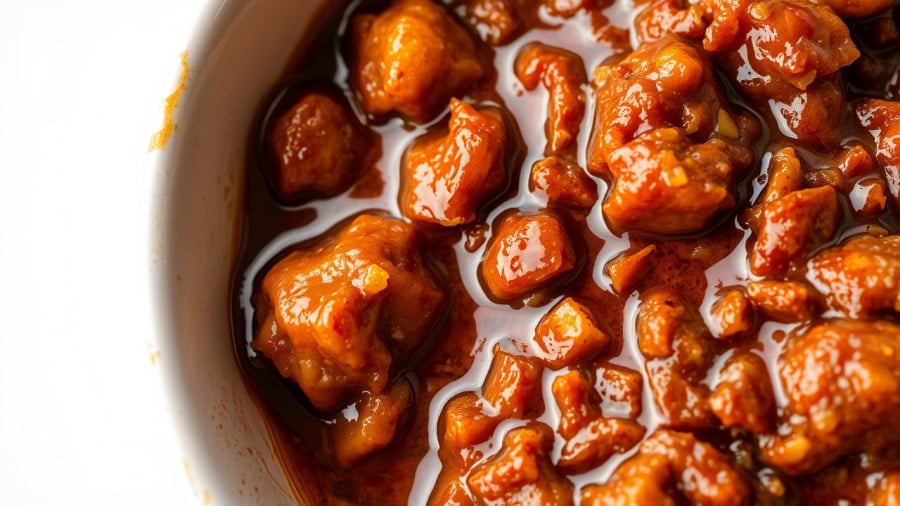
High-fat diets alter the gut microbiome, leading to increased leucine and weakened immune function.
Cancer cells have a sweet tooth for sugar
Sugary drinks, boba tea, and pastries are commonplace in our daily lives, especially among the youth. However, overindulging in these treats can increase the risk of various cancers. A US survey from 2020, involving over 100,000 participants, found that individuals with a high sugar intake had a significantly higher risk of developing cancer, especially breast cancer, compared to those with a lower sugar intake. Additionally, a Harvard University study published in Current Developments in Nutrition in 2022 revealed that women who consumed more than one sugary drink per day had a 78% higher risk of developing liver cancer than those who rarely consumed such drinks.
The reason lies in the negative impact of excess sugar consumption on our bodies, leading to insulin resistance, increased oxidative stress, hormonal imbalances, and weakened immunity. It also contributes to weight gain and heightened inflammation, all of which create a conducive environment for cancer cells to thrive.

A US survey linked high sugar intake to a significantly higher risk of developing cancer.
Cancer cells savor the salty flavors of high-salt diets
Numerous studies have confirmed that a high-salt diet is associated with an increased risk of various cancers, particularly those affecting the digestive system. Excessive salt consumption can lead to chronic inflammation, cell damage, and an elevated risk of genetic mutations that may result in cancer. Furthermore, a salty diet can weaken the immune system, creating an ideal environment for cancer cells to flourish.
Pickled vegetables, salted fish, and bacon might enhance the flavor of a meal, but they also pose a potential cancer risk, especially for stomach cancer. According to the “Gastric Cancer Risk Management Guidelines” published by the Chinese Cancer Society in 2023, excessive salt intake can damage the gastric mucosa, leading to genetic mutations and an increased risk of gastric cancer. A global analysis of 26 studies showed that individuals with a high salt intake had a 25% higher risk of developing gastric cancer, with Asians being particularly vulnerable due to their preference for salty foods.
The WHO and the “Dietary Guidelines for Chinese Residents (2022)” recommend limiting daily salt intake to less than 5g to mitigate health risks. However, in reality, our average consumption often doubles this recommended amount.
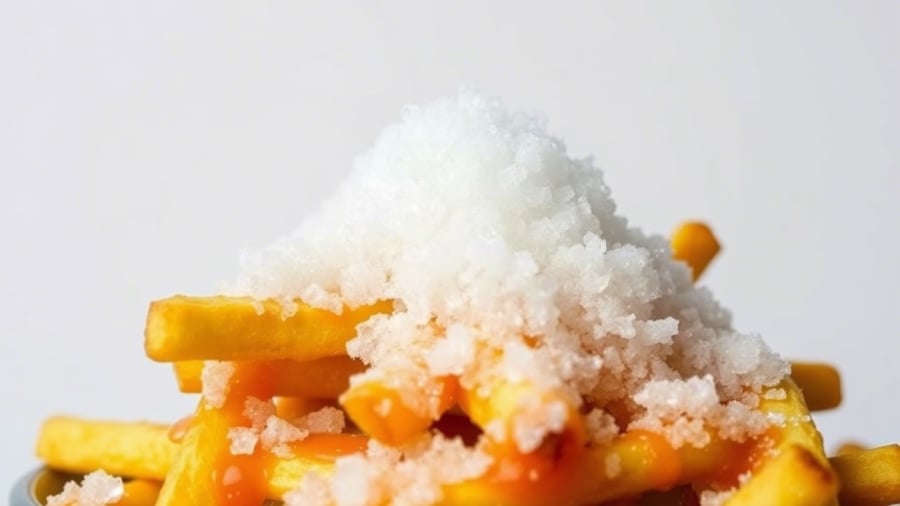
Pickled vegetables, salted fish, and bacon are tasty but pose potential cancer risks, especially for stomach cancer.
To reduce the risk of cancer, experts from the Chinese Cancer Society offer the following dietary advice:
– Embrace whole grains: Opt for whole grain cereals, bread, and pasta to increase your fiber and phenolic compound intake, reducing the risk of colorectal, pancreatic, and breast cancer.
– Choose healthy fats: Prioritize unsaturated fats found in fish, olive oil, and nuts to reduce inflammation and lower the risk of cancer.
– Opt for high-quality protein: Select lean meats, eggs, low-fat dairy, and soy products instead of processed foods.
– Fill up on fruits and veggies: Ensure that at least 2/3 of your plate consists of produce to get your daily dose of antioxidants and fiber.
– Drink green tea: The polyphenols in green tea may help reduce your cancer risk.
– Limit alcohol: According to the International Agency for Research on Cancer (IARC), over 740,000 cancer cases in 2020 were attributed to alcohol consumption.
– Avoid fried and grilled foods: Opt for steaming, boiling, and stewing to reduce the formation of carcinogenic compounds.
5 Types of Seafood That Are Considered a “Superfood” for Cancer Prevention
“Nutrition and medical experts have revealed that there are 5 types of seafood that are considered a ‘superfood’ for cancer prevention. However, the majority of people are unaware of these powerful ocean delights. These 5 seafood varieties pack a punch when it comes to boosting your health and potentially reducing your risk of cancer. Get ready to dive into a delicious journey of discovery as we unveil these aquatic superheroes and their potential life-saving benefits.”

























